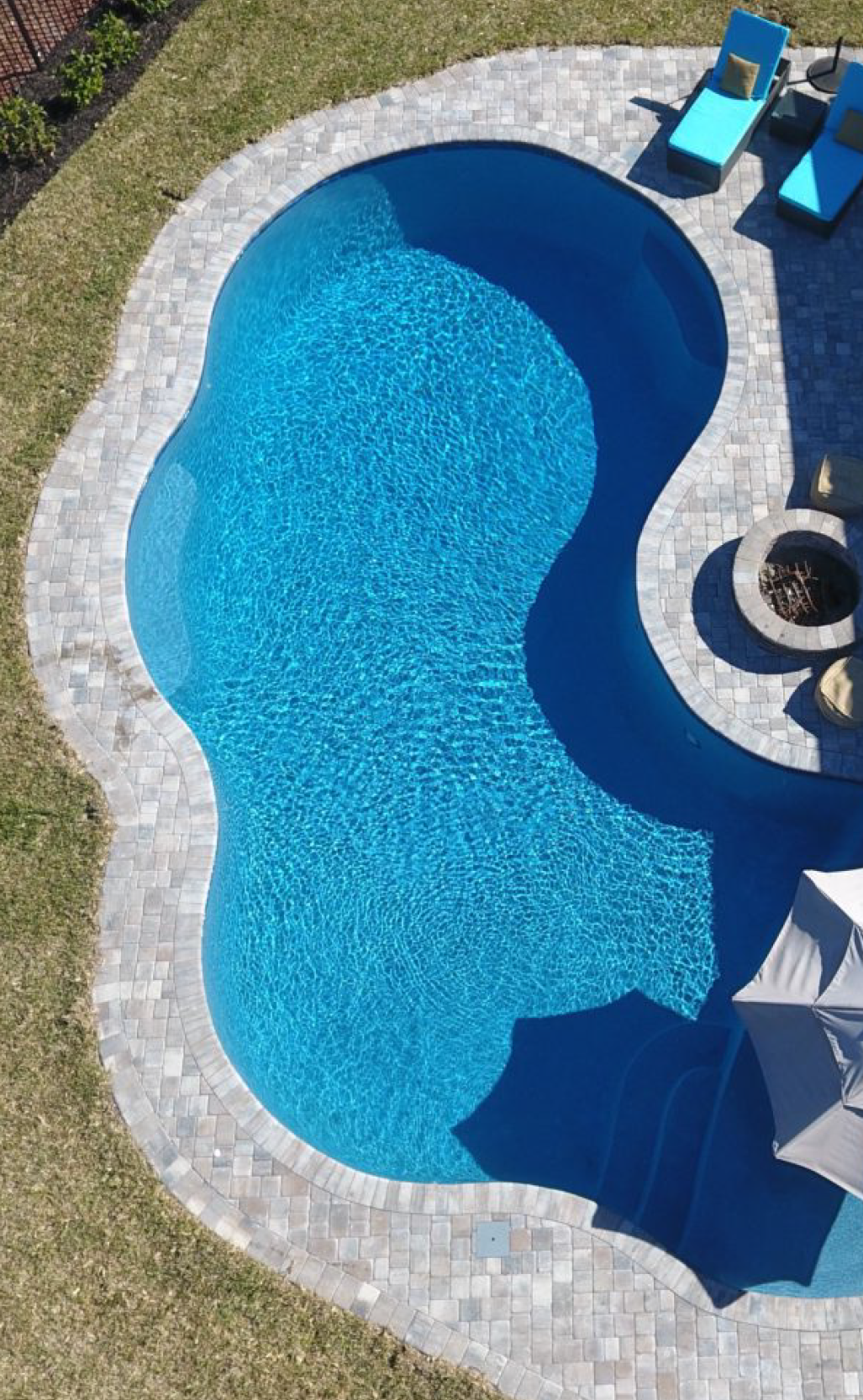You are ready to get started with having your dream pool by Breakwater — what happens next? The excitement of pool installation near me searches has led you to this moment, but before the first shovel breaks ground, several critical preparation steps must be completed to ensure your project meets St. Johns County regulations and sets the foundation for success.
Building a custom pool is a significant investment in your home and lifestyle. The preparation phase, while less glamorous than choosing finishes or features, determines whether your project proceeds smoothly or faces costly delays. Working with experienced pool contractors who understand local regulations and site conditions ensures your project stays on track from start to finish.
Initial Steps After Contract Signing
Once you are ready to move forward, you pay a modest $2,500 deposit, which holds your spot in line while essential preparatory work gets underway. The deposit confirms your commitment and allows time for the approval processes that must occur before excavation begins.
During this initial phase, you’ll schedule your showroom appointment for color selection and finish options. This exciting step allows you to choose tile, coping, interior finishes, and other aesthetic elements that will define your pool’s final appearance. Finalizing these selections early ensures accurate permit drawings and keeps material orders on schedule.
Breakwater makes this step simple — you can schedule your consultation to begin the process and secure your place on our construction calendar.
Homeowners Association Documentation and Approval
After the showroom appointment, if your property falls within a homeowners association, obtaining HOA approval is one of the first critical steps Breakwater will help you with. The HOA approval process typically involves submitting detailed site plans, elevation drawings, and material specifications. Some associations have architectural review committees that only meet once a month, so timing your submission correctly prevents unnecessary delays. Your pool contractor will prepare these documents according to your HOA’s requirements, ensuring everything is complete for first-time approval.
For a deeper look at the documents and planning steps involved, visit our Resources page.
Understanding St. Johns County Setback Requirements
St. Johns County has setback requirements that determine where pools and pool equipment can be located on your property. Breakwater will contact St. Johns County Planning and Zoning to determine the setback requirements for your project.
Additionally, pools cannot be located on an easement, and they must often be positioned behind the furthest rear projection of your home. Understanding these restrictions early in the design process prevents costly adjustments later and ensures your pool layout maximizes your available space while remaining fully compliant with county codes.
Permit Application and Documentation Process
Before construction can begin, your pool project must go through a permit approval process that requires multiple types of documentation. St. Johns County regulations mandate that building permits be secured prior to any pool construction, installation, enlargement, or alteration.
Once the application is submitted, the permitting office reviews it for zoning and code compliance. Reviews typically take 2–4 weeks, depending on the season and complexity of the project. During peak construction months, approval times may take longer, making early submission critical to keeping your timeline on track.
Your pool contractor manages this process on your behalf — preparing engineered drawings, structural calculations, and equipment specifications to ensure your pool design complies with current building codes and safety standards.
Site Preparation and Utility Coordination
Before excavation begins, several site preparation steps must be completed. Once permits are secured, site managers prepare the property by removing sod in the area designated for your pool, spa, and deck construction.
This phase also includes utility coordination. Florida law requires that all underground lines be marked before digging begins, a process that typically takes several business days. Your contractor arranges this service and ensures all utilities are properly identified before excavation equipment arrives on-site.
Fencing and Safety Requirements
St. Johns County has strict safety barrier requirements that must be addressed during the planning phase. All pools must be fenced or screened in unless the yard itself is fully enclosed. For in-ground pools, fencing must be at least four feet high and include a self-latching, out swinging gate for safety.
These requirements impact both your project design and budget. Whether you choose decorative fencing, a screened enclosure, utilize existing fencing, or integrate safety features directly into your pool design, these decisions must be made early and accurately reflected in your permit drawings.
Scheduling Your pool financing and Construction Timeline
Understanding the preparation timeline helps you plan for both the construction phase and any financial arrangements. Many homeowners explore pool financing options early in the process, often before the initial consultation allowing time to secure favorable terms before construction begins.
The preparation phase typically takes 4–8 weeks from contract signing to permit issuance, depending on permit complexity and approval timelines.
Want a closer look at how the process works? Watch this short video from Breakwater:
[Embed YouTube Video → https://youtu.be/CpJAJ3XeAmg]
Final Preparations Before Dig Day
As the preparation phase nears completion, several final steps take place before excavation begins. Permits will be placed in a permit box at the front of your property, which must remain accessible to inspectors throughout construction.
These last preparations also include scheduling initial inspections, coordinating materials delivery, and confirming your property is ready for excavation. Your contractor manages these logistics while keeping you updated with a clear timeline for when construction activities will begin.
Frequently Asked Questions
How long does the permit approval process take in St. Johns County?
The permitting office review usually takes 2–4 weeks, depending on the season and complexity of the project. During peak construction seasons (spring and early summer), review times may extend longer due to increased application volume. Complex projects with multiple features or those requiring variances may also take additional time.
Your contractor submits applications strategically to minimize delays and maintains regular communication with permit offices to track progress and address any questions during review.
Do I need a separate survey if I have an existing one?
Pool construction typically requires a current survey that meets county requirements. These drawings must accurately show property lines, setback distances, and details such as fencing, water supply, drainage, and disposal systems.
Your contractor can evaluate your existing survey to determine if it meets requirements or whether a new survey is necessary for your project.Want to see more about how the process comes together? Watch our Breakwater overview video for additional insights.




